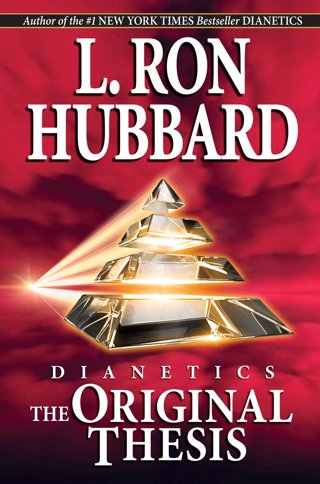What Does Dianetics Do?
What Does Dianetics Do?
Blog Article
Little Known Questions About Dianetics.
Table of ContentsThe Main Principles Of Dianetics Things about DianeticsThe Definitive Guide to DianeticsThe smart Trick of Dianetics That Nobody is Discussing
I could not ever not wish to receive anything that comes to mind for you- if it was or else, I wouldn't be sitting right here with you, doing this. I not just might never have a trouble, or not intend to listen to something that comes to mind for you, however I'm entirely anxious to recognize every concept, every thought, every image or sensation that arises or shows up for you- don't ever believe otherwise, and if for one reason or another you do, please simply allow me recognize! Sometimes, you might have a thought, and picture, concept or event turn up that does not seem to respond to the inquiry, or connect to it, however however, constantly do inform me regarding it, and as we continue, the relevance will arise for you.This is integral in the basis of processing, and the topic of this discussion: the standard roles of the counselor and the client: The basic role of the therapist is, contrary to "typical training", not to regulate, which implies to impose and/or prevent, but to instead work from the basis of EMPOWERING THE CUSTOMER.

More About Dianetics
John Mcmasters revealed this fundamental truth incredibly well in among his lectures on Power handling, where he clarifies just how he was asked what this "unique knack" was that he had for providing such fantastic sessions; he had to believe concerning that for a moment, and found that it was what he had not been doing, along with what he was doing: he had not been assessing, evaluating, computer, or as a matter of fact, creating any ideas, allow alone verbal expressions, after providing the command and while awaiting the computer to complete their solution to their satisfaction; he was, merely and only, existing with the computer, and entirely interested.
The role of the counselor, showed; that was his "special flair". I have actually had my very own experience which instructed me this well, extremely early on in the video game. In 1982, having just recently completed my training and teaching fellowship on New Era Dianetics, I was running this on a PC, and there was a point in the session where (being a bit damp behind the ears not yet having several hours under my belt as a professional auditor) the computer appeared to be "taking too lengthy" to share anything verbally after I gave him a command.
This secret transformed out to be one of the most important contribution that John ever made to the topic of therapy or bookkeeping (Dianetics). In my simple point of view, it is the best contribution that any individual has ever made to these subjectsthe application is completely non-judgemental, non-evaluative, and lacking any idea, recommendations or opinion.no preconceived schedule for individuals, or 'levels' that they should do
In Scientology we prided ourselves on not reviewing for people. All that actually implied was that the go to website auditor did not Vocally assess for the Computer in session.
Some Known Facts About Dianetics.

Any individual that had actually ever before seen John audit could not article source assist yet notice a special top quality in his bookkeeping."The client's fundamental duty is to be there with the objective of relocating the direction of their spiritual objectives, and to openly and completely reveal and experience whatever manifests for them in addressing the concerns and implementing the instructions in the processing.
This is something to procedure as needed. But also, people often have prior experience and/or brainwashing in auditing/processing which, in some means, and to some degrees, actually misguides them into attitudes, ideas and behavior patterns that avoid the full realization of these functions, and so they will have a tendency to prevent the expressing of what enters your mind, as in the examples given over. * The initial, and possibly leading examples of mis-indoctrination leading to much less than completely smooth and reliable sessions, can be discovered in particular facets of the training routines, or "TR's":"TR's" are frequently a person's very first, or Read Full Article a minimum of early, experience in Scientology, and while I will certainly take place to describe what I see as the problems in principle and technique, nonetheless, have a tendency to be greatly restorative, done as they are provided (Hubbard firmly insists that "TR's are not processing, they are educating", but factually, they are both handling AND training)
Alan Walter made similar observations, and enhanced these with his "Presence Processes". There is no "flunking", and no rejection of the fact of this being processing. The emphasis, as it must be, gets on experiencing the other individual's existence. All the manifestations which obtain a "flunk" in doing "TR-0" are just the being's initiatives to stand up to the other individual's existence, and instead than being bothered and nagged with "Flunk", which imposes "failure!" on the being, one just needs to be urged to "stick their feet in the water a little much deeper", to progressively rehabilitate their capability and determination to fully share and experience "being here", or "visibility", with others.
Little Known Questions About Dianetics.

Report this page